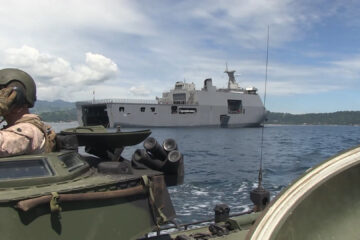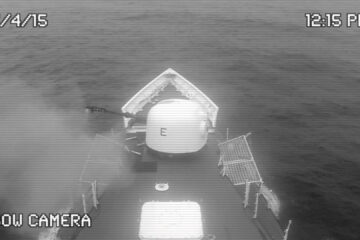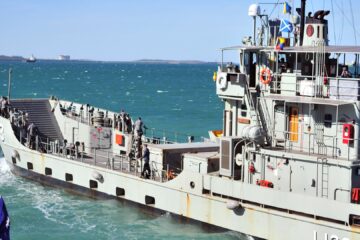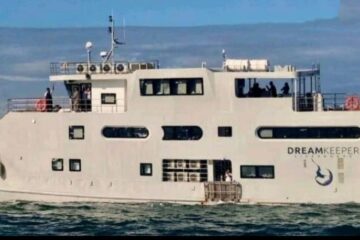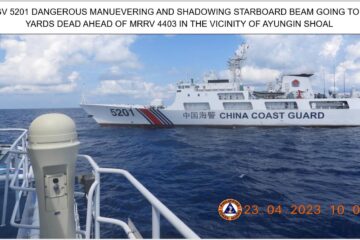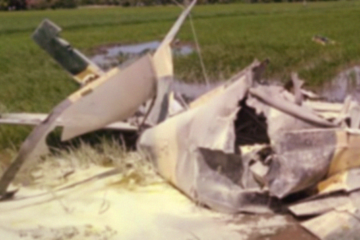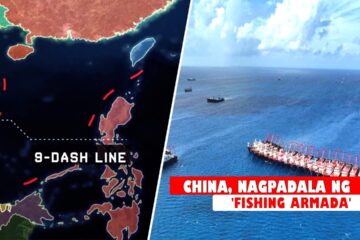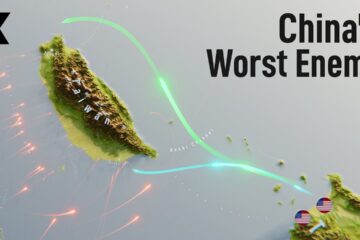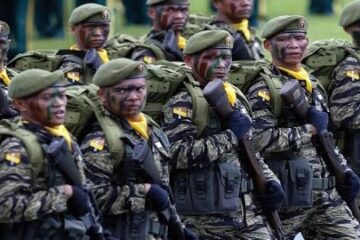On Wednesday, the Philippine government tried to reassure Southeast Asian neighbors about its recommendation to associate with Beijing in oil exploration in the disputed sea.
President Rodrigo Duterte has dropped his predecessor’s policy opposing China’s claims and causing alarm among neighboring Southeast Asian countries, which also hold partial claims.
Foreign Secretary Alan Cayetano yesterday said, it will not be a unilateral action because the premise of the President is peace and stability, and unilateral action by anybody drives to destabilization.
Duterte has lower down country’s maritime dispute with China in favor of billions of dollars in trade and investment from Beijing.
He has also refused to use support from UN-backed tribunal’s ruling last year.
On Monday, the President said a partner had been seen to develop oil and gas fields inside the Philippines’ exclusive economic zone. The Philippines had been in discussions with China oil giant CNOOC over the possibility of joint exploration.
A day later, visiting Chinese Foreign Minister Wang Yi said China is free to exploring jointly with the Philippines for oil and gas in the contested waters.
The Constitution grants the Philippines sovereign rights to access offshore oil and gas fields, including Reed Bank, which is some 140km off Palawan province and also claimed by China.
The South China Sea will be on the agenda as Cayetano meets his ASEAN counterparts in Manila next week.
Cayetano declined to say if the joint China-Philippines oil and gas exploration would be in specific areas of the sea also owned by ASEAN members Vietnam, Malaysia, and Brunei.
On Tuesday, Chinese Foreign Minister Wang Yi, visiting Manila, said Beijing was open to joint development.
